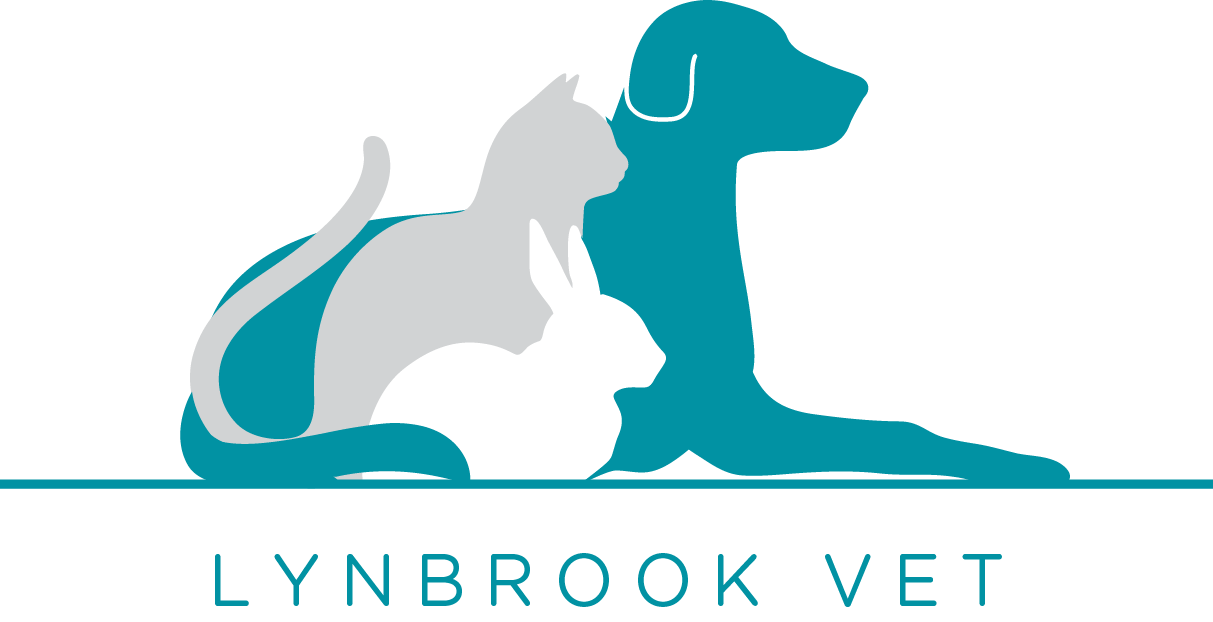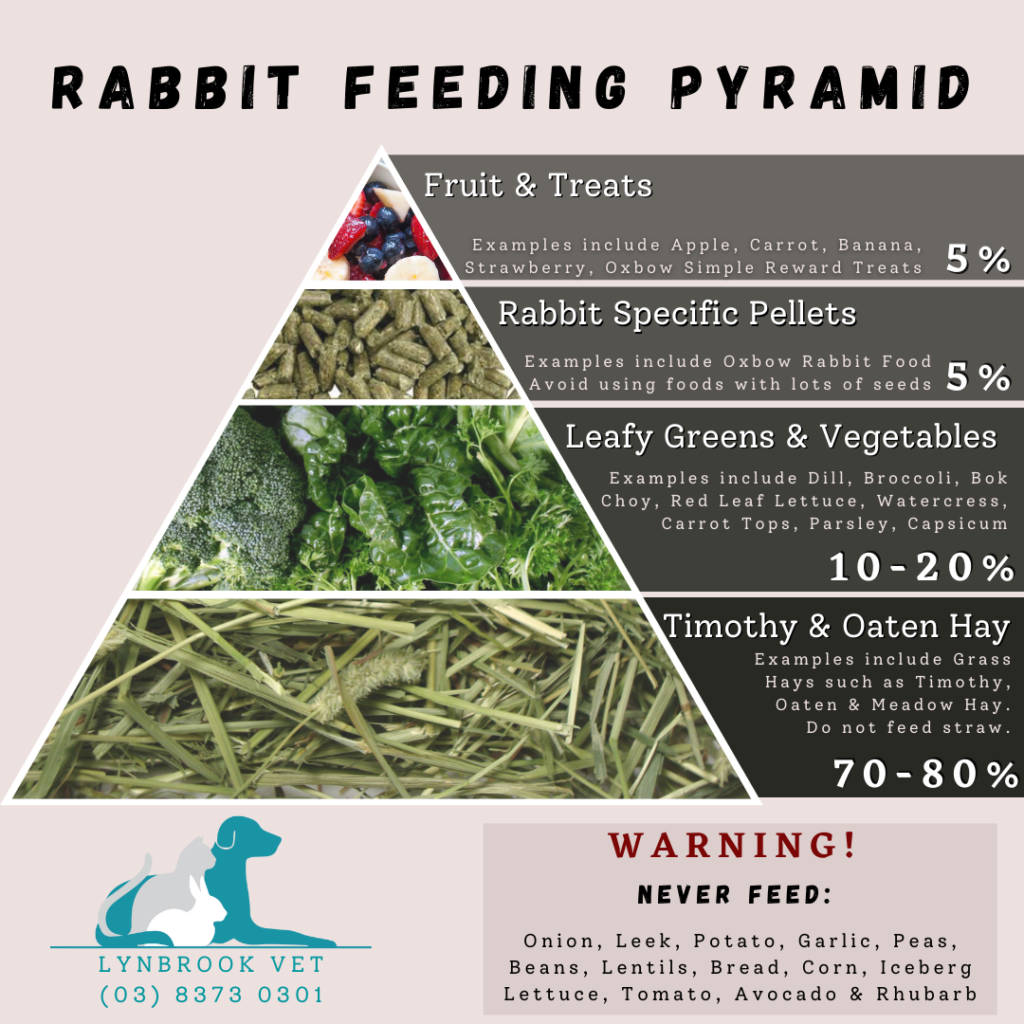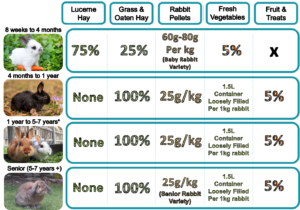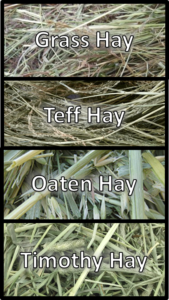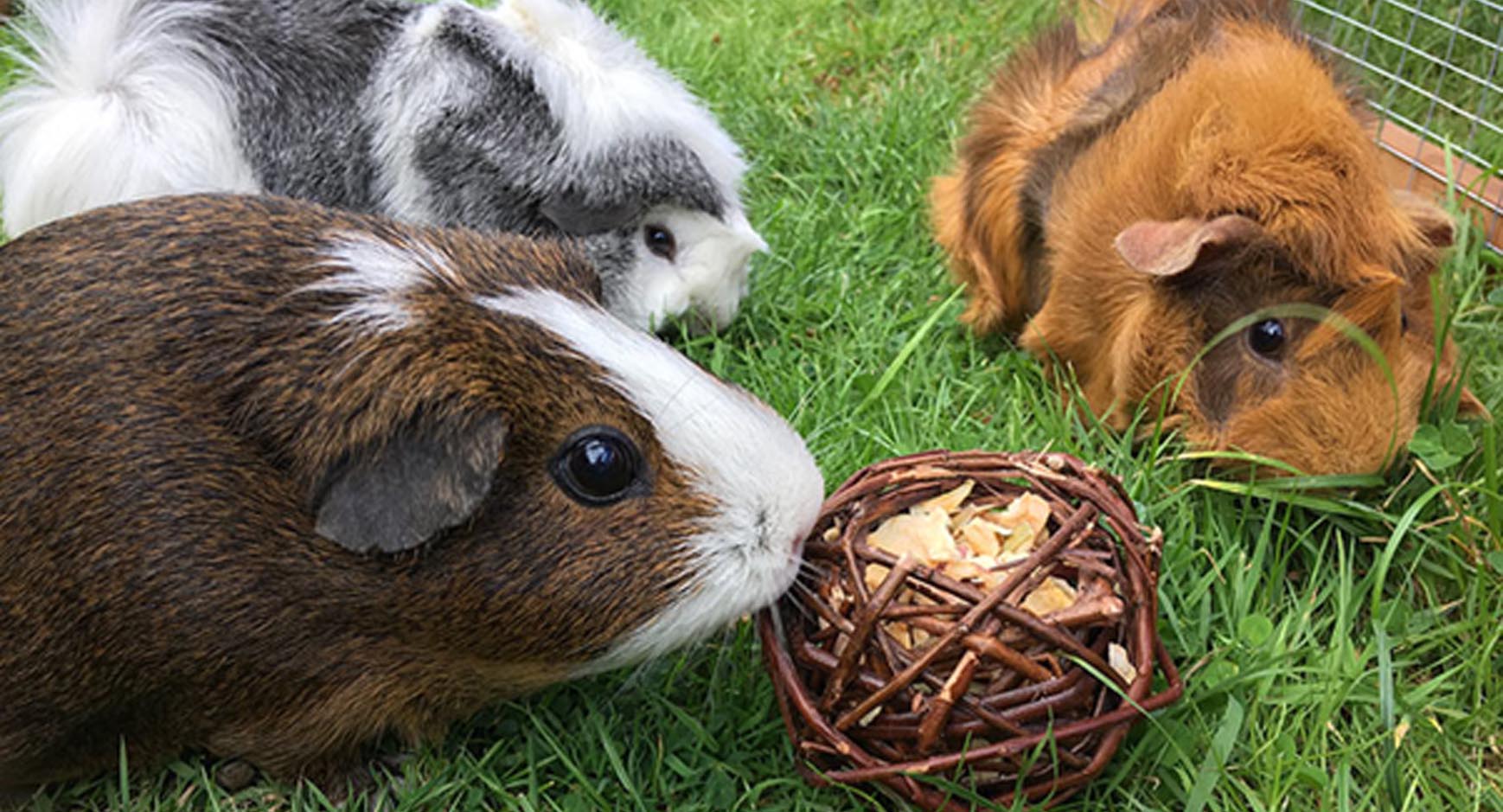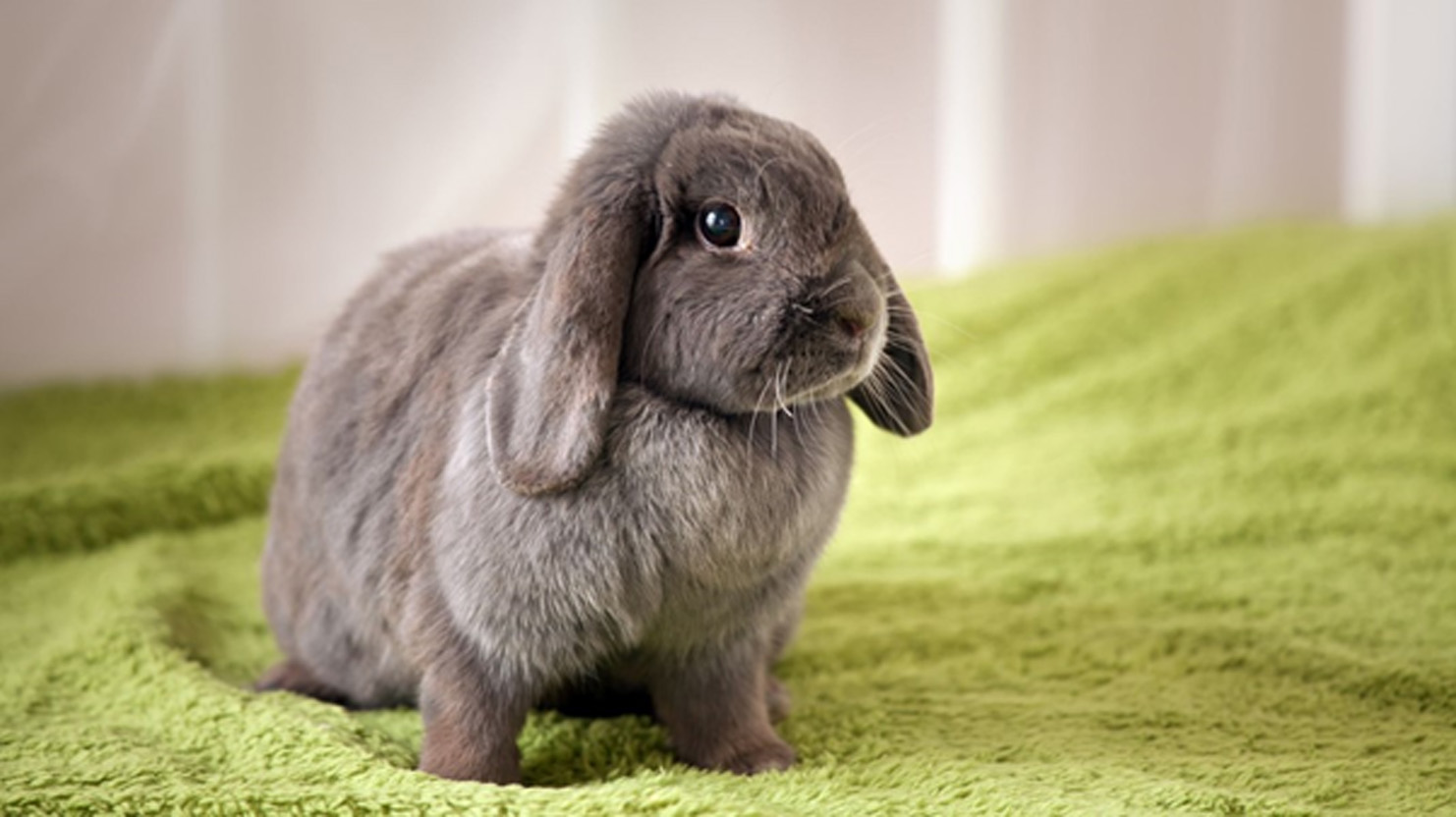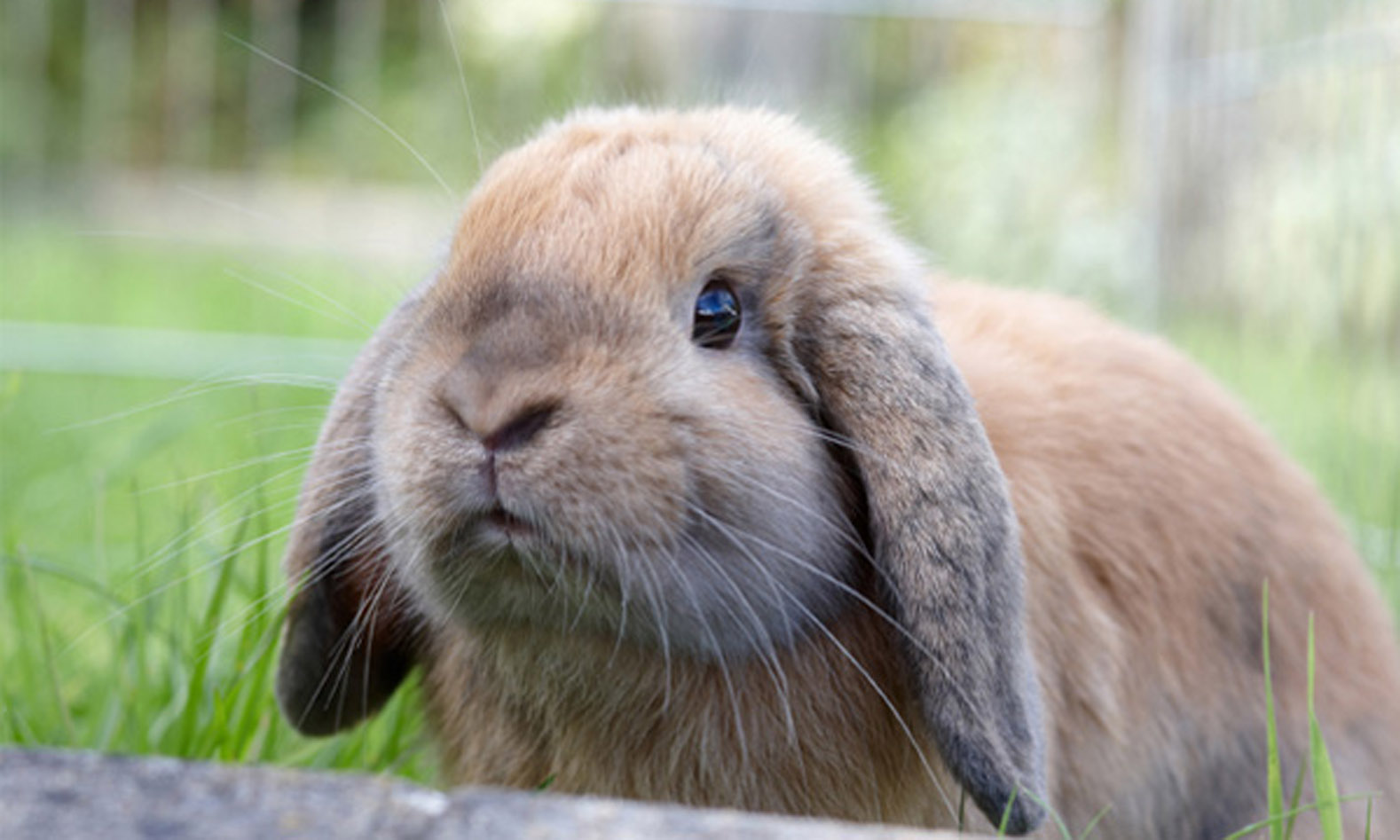Rabbit Care & Husbandry
Rabbits are fluffy, inquisitive and adorable companions! Before introducing these wonderful creatures into your home, it is important to know that rabbits have very specific husbandry and dietary requirements that greatly impact their overall health and wellbeing. Most diseases and health problems can be avoided with the right care and set up at home.
Here at Lynbrook Vet, we provide several veterinary services to keep your bunnies healthy, happy and hopping!
The following veterinary services are available at Lynbrook vet
- General health checks
- Basic emergency, medical and surgical treatments
- Vaccination services (annual Filavac vaccine)
- Desexing
- Nutritional and husbandry advice
- Nail trims
- Regular parasite prevention- a spot on monthly treatment is registered for use in rabbits for this purpose
- Referral to exotic pet specialist
We work in association with several exotic pet clinics to provide the best care and advice for your rabbit. For cases that are not able to be managed in clinic, referral to an exotic pet specialist can be organised on your behalf.
Vaccination
Rabbits require an annual vaccination, just like cats and dogs.
In Australia, we vaccinate pet rabbits against both type 1 and 2 Rabbit Haemorrhagic Disease Virus (RHDV).
RHDV is a deadly disease and can be contracted via:
- contact with an infected rabbit’s urine and faeces (which we can unexpectedly bring into our home via our shoes from walking in areas infected rabbits have been)
- contact from infected rabbit saliva (which can occur through backyard contact with wild rabbits including in collected grass and hay or from purchasing second hand toys and enclosures without thorough disinfecting)
- other vectors such as mosquitos (who may spread bodily fluids from an infected rabbit to a pet rabbit in the area)
At Lynbrook Vet we use the Filavac® vaccination as it gives our bunny patients the most protection and can be started as early as 10 weeks of age!
Filavac® provides your rabbit with immunity just 7 days after their injection and lasts for 12 months. A booster is then given annually to continue protection.
In the past, Australian vets only had access to the Cylap® vaccine which covered just 1 strain of the virus and required bi-annual boosters. Although not as effective against the virus as Filavac® is, this protocol did allow rabbits the chance to see a vet twice a year to ensure they remain fit and healthy and to give bunny parents the opportunity to discuss nutrition, husbandry and everything rabbit with their vet regularly.
As Filavac is only required once a year, a bi-annual health check may still be recommended by your vet as a beneficial tool to detect possible health problems early.
To help protect your rabbit from deadly RHDV disease, call us today on (03) 8373 0301 and book your rabbit in for their Filavac vaccination.
Desexing
Lynbrook Vet provides routine desexing for both male and female rabbits.
Desexing your pet rabbit is beneficial for reducing risks of ovarian and uterine cancer, inter-rabbit aggression, sexually driven behaviours and unwanted pregnancy.
Rabbits reach sexual maturity when they reach approximately 75% of their adult body weight, which means small breeds will become fertile earlier. Small breed rabbits can reach sexual maturity at approximately 4 – 5 months of age and larger breeds 5 – 8 months.
We recommend desexing female rabbits 6 months of age and male rabbits 4 months. In some circumstances smaller breeds such Netherland Dwarfs should wait until they are 12-24 months before desexing or at least 1kg in weight.
Our desexing package for rabbits are inclusive of:
- Physical exam with the veterinarian to assess your pet’s suitability to undergo an anaesthetic.
- IV Fluid Therapy to maintain your rabbit’s blood pressure and hydration whilst under the anaesthetic. This also aids in a smoother recovery and allows easy vein access.
- Anaesthesia which has a sedative and a pain relief component to help keep your pet calm and comfortable before, during and after their surgery.
- Surgery to desex your pet inclusive of dissolvable sutures.
- Incubator equipped with temperature control and piped oxygen.
- Nursing Care post op until your rabbit is up and eating on their own.
- Pain relief injection and take-home medication to ensure that your pet is free of pain straight after the surgery and for the next seven days until the wound has healed.
- Critical Care which is a specially formulated food for rabbits and guinea pigs given to help gut movement which is critical in these guys. It is administered by your pet’s nurse when they have woken from surgery and continues until they are eating on their own and ready to go home.
- A free revisit in 7-10 days’ time to check the wound and make sure it has healed well. If you have any concerns before this time, we are more than happy to offer a recheck sooner as well as ongoing phone support should we need to chat.
Our de-sexing surgeries are performed on weekdays with an admission time between 8am and 9am and discharge time generally from 5pm onwards to allow them time to recover (or sooner if they’re up and eating well).
Husbandry
Rabbits can be housed both indoors and outdoors. There should always be a minimum floor space of 1.5m x 1.5m per rabbit. The minimum recommended enclosure size for a pair of average size rabbits is 3m x 2m x 1m according to the Rabbit Welfare Association and Fund.
Outdoors
Outdoor rabbits can be housed in a hutch or playpen, preferably in a sheltered area of the garden to protect them from the elements. Rabbits are very sensitive to extremes in temperature, especially heat. Rabbits are at high risk of heat exhaustion when temperatures rise above 28 degrees Celsius. On hot days, it is important to provide access to plenty of water and to keep them out of direct sunlight. Frozen water bottles can be placed in the pen for your rabbit to lie against to expel excessive heat.
It is recommended that all outdoor enclosures are insect proofed with flyscreen or insect netting to prevent mosquito access. Mosquitoes can carry calicivirus and mxyomatosis which can be fatal if contracted by your rabbit. Rabbit enclosures should always be kept dry and clean. Newspaper flooring or hay bedding should be changed weekly at minimum to prevent build-up of toxic wastes (urine and faeces).
Indoors
Indoor rabbits can be set up in a designated room or have complete access to the house. Before allowing your rabbit to roam freely it is important that your house is rabbit proofed! Bunnies love to explore and are prone to getting up to mischief! This means in order to keep your rabbit safe in your home please be aware of the following: cover or hide all electrical wires and cables, avoid toxic household plants, supervise interactions with other pets with predatory instincts and block potential escape routes.
It is recommended to first keep your rabbit in a small or restricted area to make sure they feel secure before allowing access to the rest of the home. This is also beneficial for toilet training. Litter trays should be large, easy to climb into and be lined with hay. One litter tray per rabbit plus one extra is ideal to prevent inter-rabbit aggression.
Once they are more comfortable you can slowly introduce them to other areas of the house. It is beneficial to keep rabbits on flooring that you can easily clean, but keep in mind tiles and floorboards can be slippery and lead to pressure sores on their feet with regular exposure. Bunnies love to play and hide! Providing multiple cardboard boxes, soft tunnels and ramps are great for mimicking burrows and for environmental enrichment.
Nutrition
Nutrition is imperative to your rabbit’s gastrointestinal and dental health. Most health problems commonly seen in rabbits are caused by feeding an inappropriate or poor-quality diet.
Recommended diet for rabbits
- Ad lib access to good quality hay or grass hay (such as Timothy, Oaten or Teff hay). A 2kg Rabbit should eat a cat litter tray’s worth of hay daily. 70-80% of their total diet. Rabbits and guinea pig teeth continuously grow throughout their lifetime! Therefore, it is important they have access to dry food to help wear down their teeth to prevent overgrowth and dental disease.
- Fresh vegetables and herbs e.g. Asian greens, cabbage, broccoli, coriander, carrot tops, celery leaves, silver beat, parsley, mint, basil, watercress, milk thistle, cucumber, cauliflower– 10-20%
- Good high fibre pellet (tablespoon per rabbit per day) – 5%
- Treats- e.g. fruits such as banana, apple, pear, strawberries, watermelon, grapes, capsicum. Handful of Carrots, Almonds (1-2), Sultanas (up to 5), Cranberries (up to 5) and rose petals (fresh or dried) – 5%
Rabbits should have access to daily fresh water. Water can be dispensed in either a dripper bottle or via a water bowl, you can even do both! Make sure the water bowl is heavy so that it cannot be easily knocked over!
